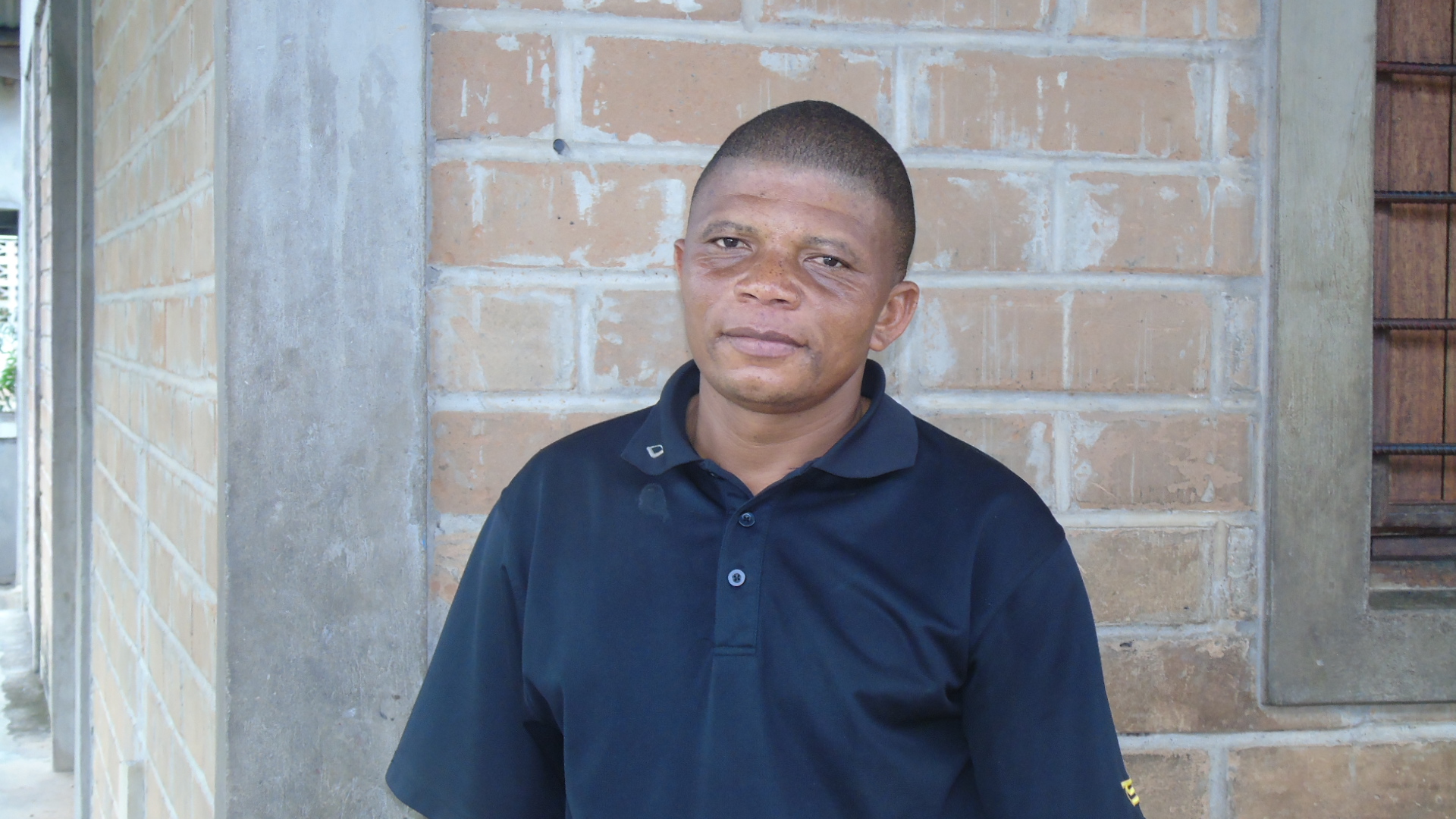Implant Method in DRC: A Family Planning Success Story
Spreading the Word about the Implant Method in DRC.
News is spreading about the implant method in DRC. The families featured in this article are partly to thank.
The stories below are just a snapshot of the impact the implant has made on the lives of families using the implant method in DRC.
From implants to home ownership
Marie-Louise and her husband, Franćois, have realized their dream of becoming homeowners because of the family planning options provided by ASSP.
Marie-Louise is a small business owner. Therefore her days are busy as she negotiates the price of smoked fish with buyers and sellers in the marketplace. Her and Franćois’ journey toward owning their first home began at the ASSP Kanyuka Health Center in Kananga. It was here that 37-year-old Marie-Louise received family planning counseling about birth control methods from the ASSP trained staff. After discussing options with her husband, they decided to try the implant method. She credits the implant contraceptive method for allowing her to focus on her small business. As a result, she and her husband have been able to save enough money to purchase their own home. Her and François were so happy with the results of the implant method that they decided to volunteer as health advisors for their community. They are now advocating for a variety of family planning methods.
Husbands promote the implant method in DRC
“My wife and I are very pleased with the benefits of spacing out the births of our children,” says Bernard Mukanda.
Even the husbands heartily support family planning. This is important because they count heavily in decision-making. Bernard is a lab tech in Mamu Wetu, which was the first health center completed by ASSP. Once Bernard heard the family planning message about “birth spacing,” he knew that the implant method would be good for the health of his family. Every chance he gets, Bernard shares his positive experience with his friends.

Women sing the praises of the implant
Esther Mwankwanza is 26 and in love with her three young children. She has a little girl and twin boys. Limiting the number of children she has had has given her the opportunity to truly bond with and care for them. Oftentimes it is difficult for poor families to take care of twins. It is common in Kasai for one twin to die of preventable diseases early in life. But Esther’s twins are thriving.
“Ah, Mwa Mbuyi (mother of twins), your children are really growing. What is your secret?” the women in her neighborhood ask her.
Esther is happy to sing the praises of the implant she has used for the last three years. In fact, she is proud to say she has influenced three of her friends to follow her example. They are all now using the implants to help them space their births.
Esther also speaks highly of the economic impact of the implant. The money she and her husband would have spent on an additional pregnancy was used to buy a motorcycle taxi. Her husband is now earning a living for the family.
More than 525,000 implants have been distributed through ASSP’s Family Planning Program.
Providing women and their families with comprehensive information about various contraceptive methods ensures that they are able to make a well-informed choice. To date, in partnership with the Ministry of Health, the ASSP project has ensured that over 525,000 women have received implants as a part of the overall family planning program. Protecting the health of both the mother and child are priorities for the ASSP program.
By Linda James/IMA World Health
ASSP Family Planning Program
Follow the link below to learn more about ASSP’s Family Planning Program and how they are spreading the word about the implant method and other forms of contraception in DRC.
Quick Facts
- ASSP and the Ministry of Health provided over 525,000 implants.
- 1.32 million new acceptors of modern methods of family planning are now enrolled.
- ASSP provided 944,870 Couple Years of Protection.
- ASSP-trained staff conducted 3,044 vaginal fistula repairs with a 94 percent success rate.
- Skilled health personnel attended 1.5 million births at ASSP health facilities.
- 195 health centers are trained and offering emergency obstetric and neonatal care.
